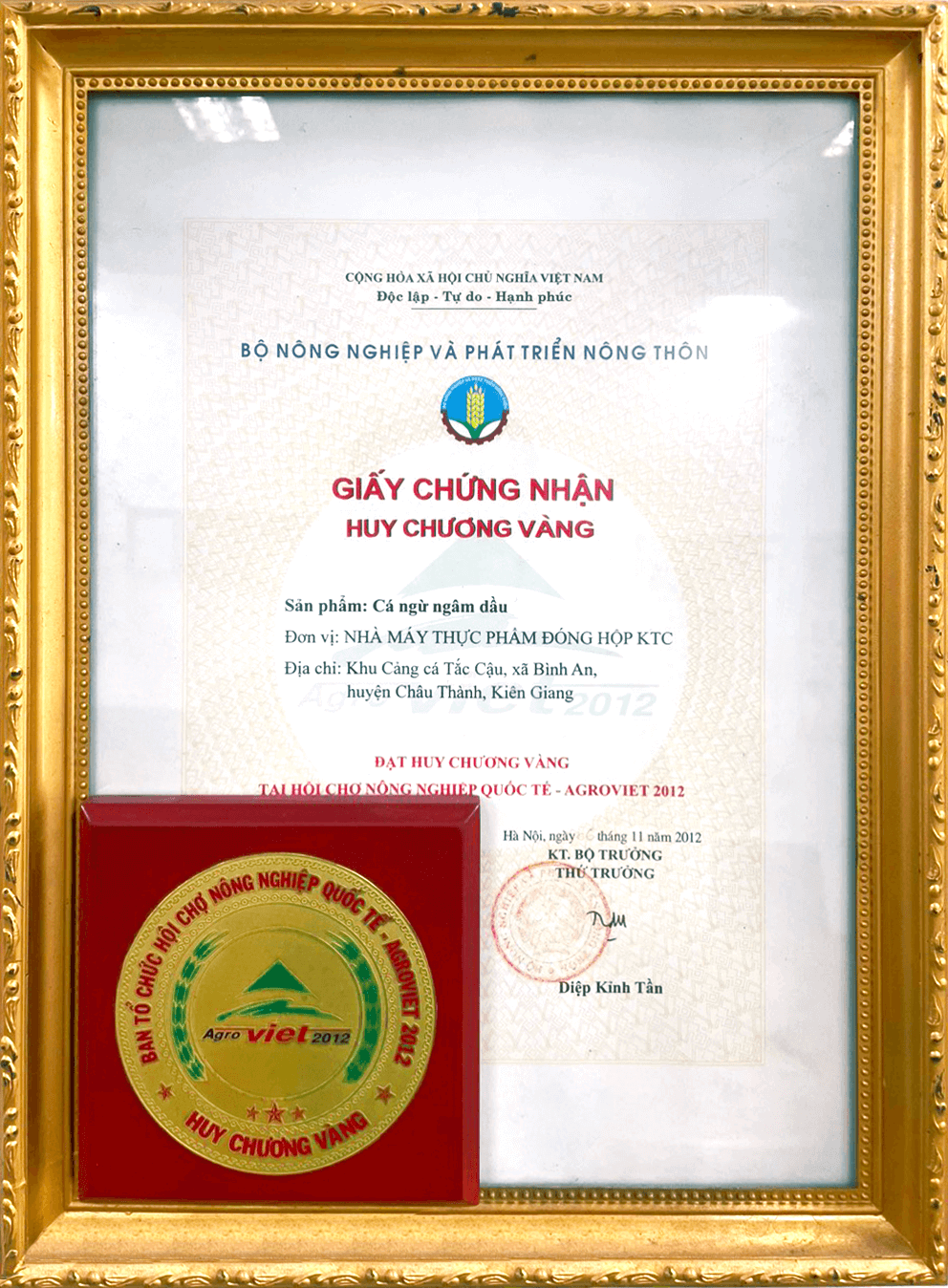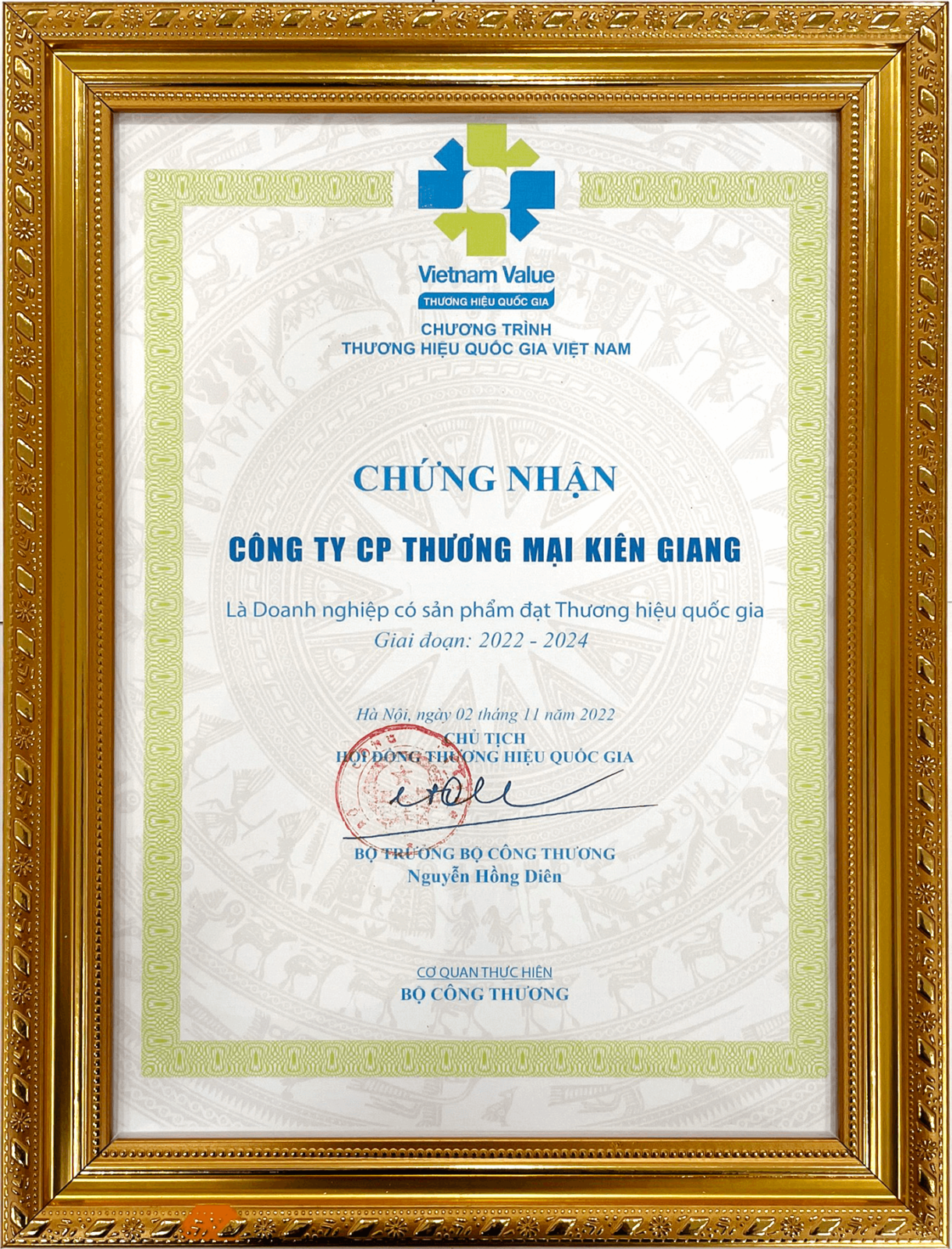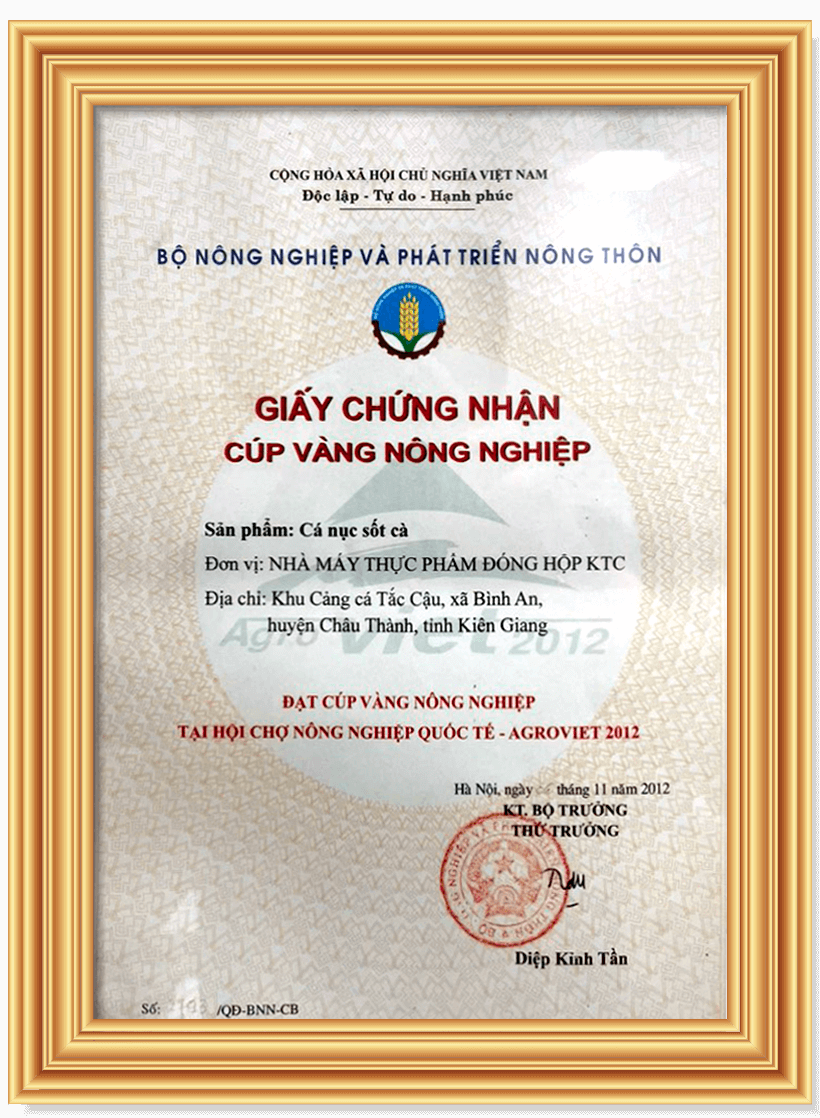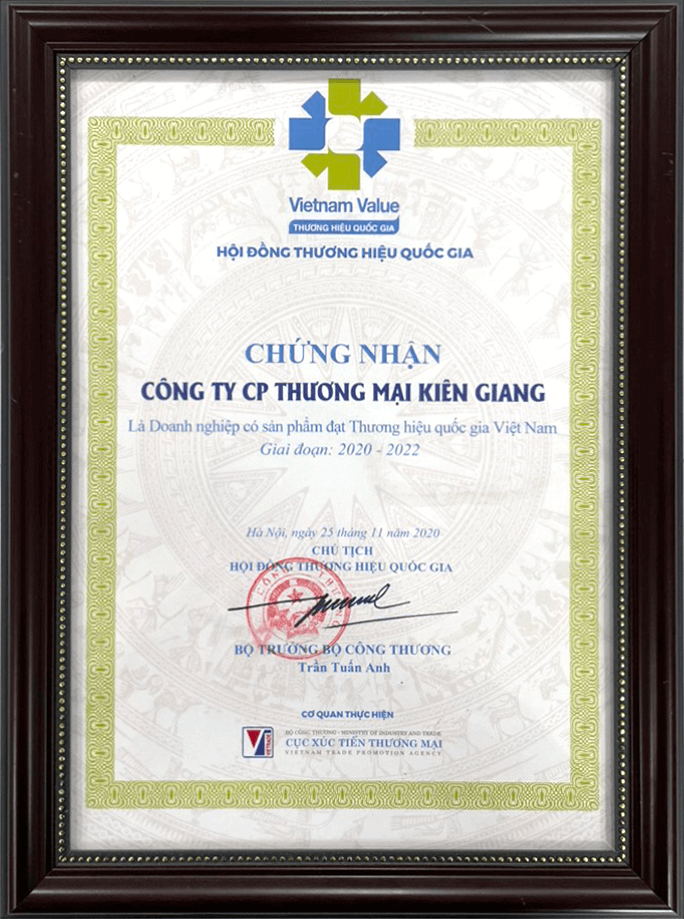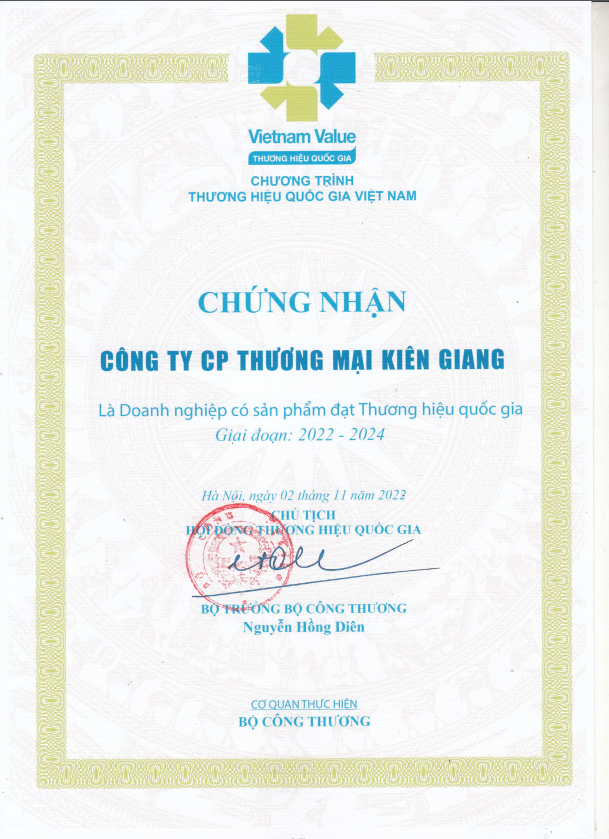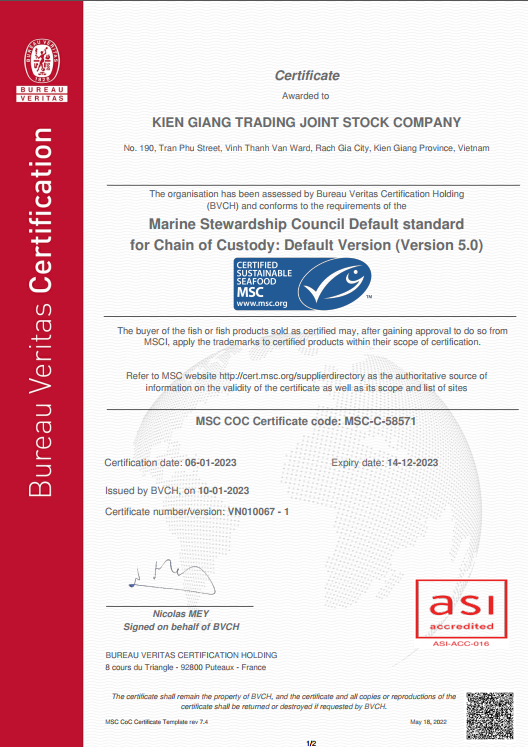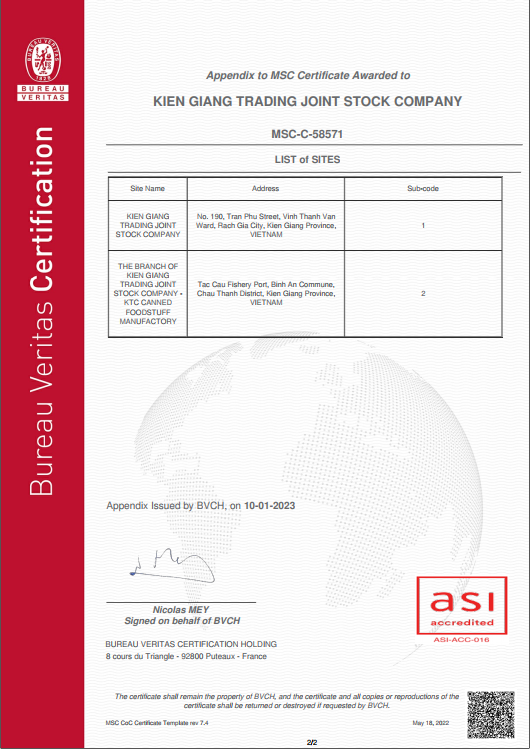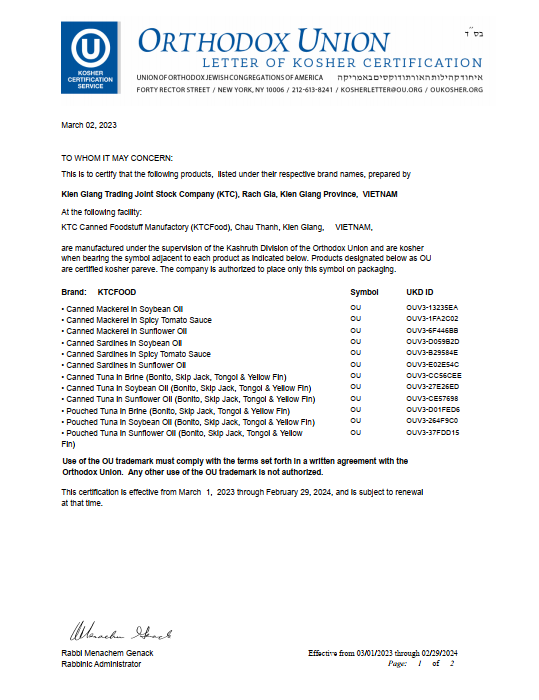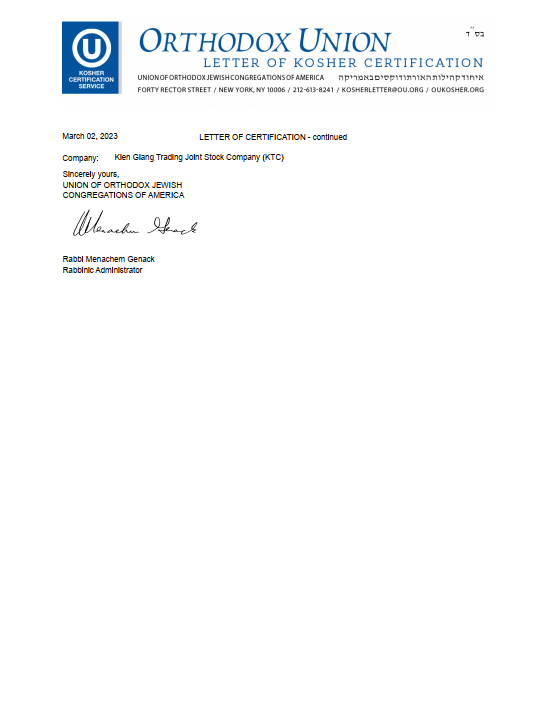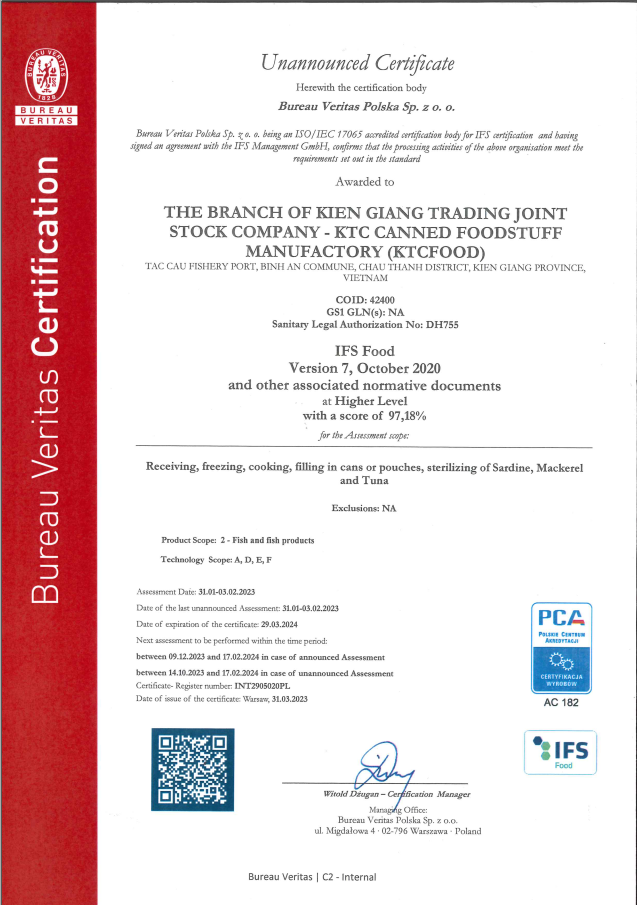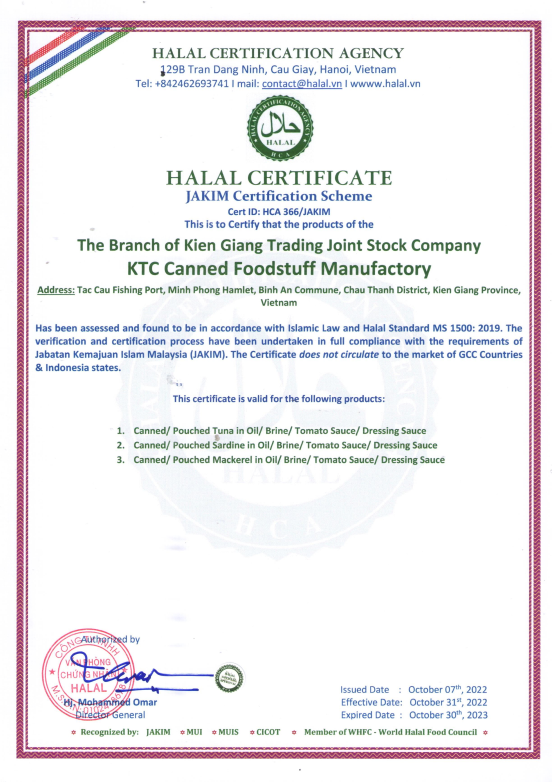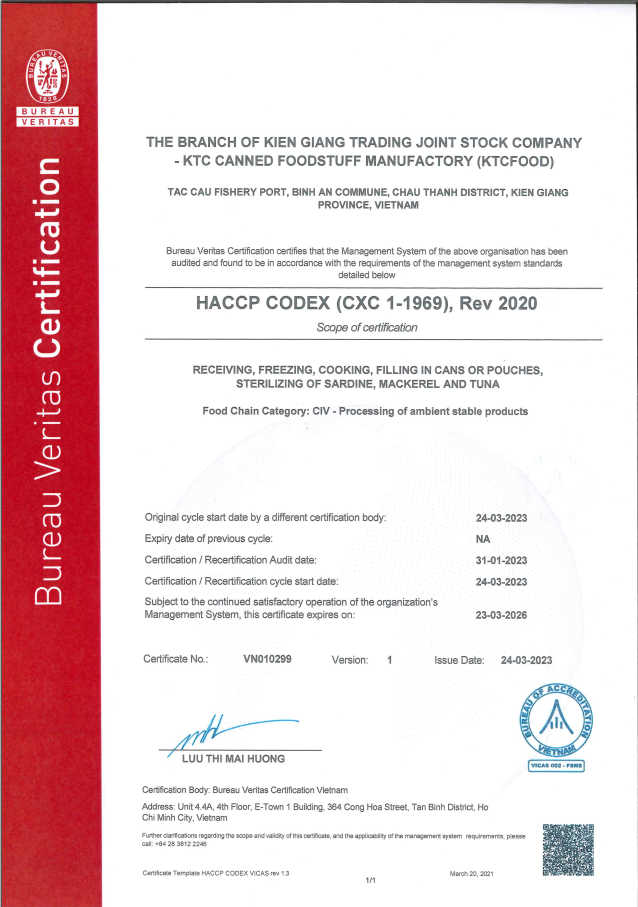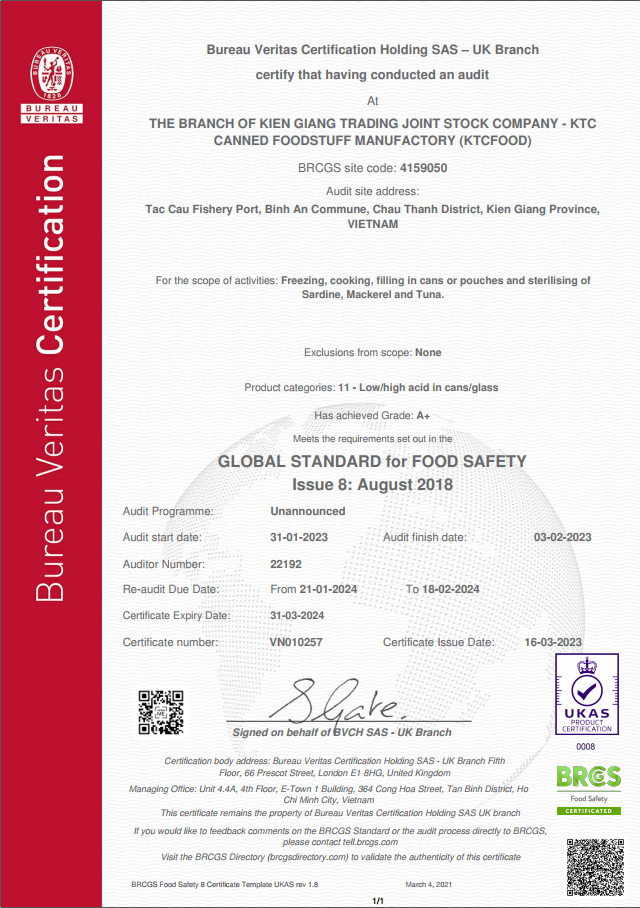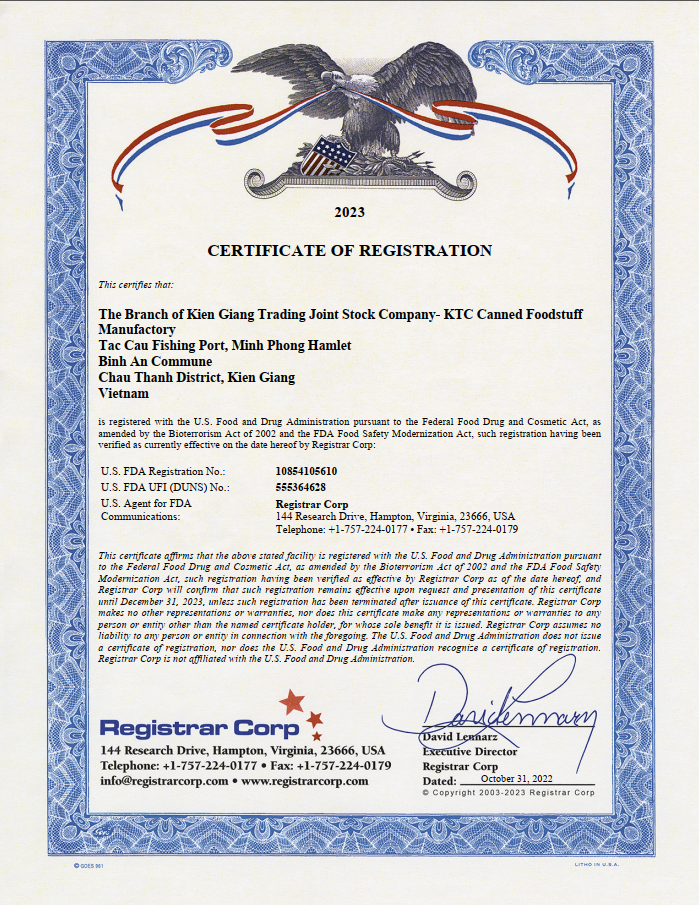
The economic instab ility and the war between Israel and the Hamas Islamic in 2023 have affected seafood export activities in general and tuna in particular to this market. Vietnam’s tuna exports to the Middle East have continuously decreased every month since the beginning of the year. And only until November 2023 did tuna exports to this market tend to recover.
Vietnam’s tuna exports to some markets in the Middle East region recorded an increase over the same period in 2022, such as: Israel (up 37%), Lebanon (up 17%), UAE (up 23%), Turkey Ky (up 73%). Meanwhile, exports to some markets decreased sharply, such as: Egypt (down 47%), Saudi Arabia (down 78%)…
Currently, the Middle East is Vietnam’s 4th largest export market of Vietnam tuna after the US, EU and CPTPP, accounting for nearly 10% of total tuna export turnover. In recent years, facing many challenges from main consumption markets, Vietnamese tuna enterprises have turned to smaller but potential markets such as the Middle East to diversify export markets.
However, this market area also has high requirements for imported food products such as the requirement of Halal certification. Suppliers are required to process and package appropriately to meet this standard.
According to recent information from the Vietnam Trade Office in Saudi Arabia, the Saudi Food and Drug Administration (SFDA) has sent a document to the leaders of the Federation of Chambers of Commerce, Chamber of Commerce Riyadh, Jeddah, Dammam about some food products exported to Saudi Arabia with Halal certificates but the issuing agencies of these certificates are not on the list approved or authorized by SFDA. Therefore, seafood export enterprises to the Saudi Arabian market need to comply with regulations on Halal certification and approach the Halal certificates of the unit authorized by SFDA to avoid being detained or returned.


